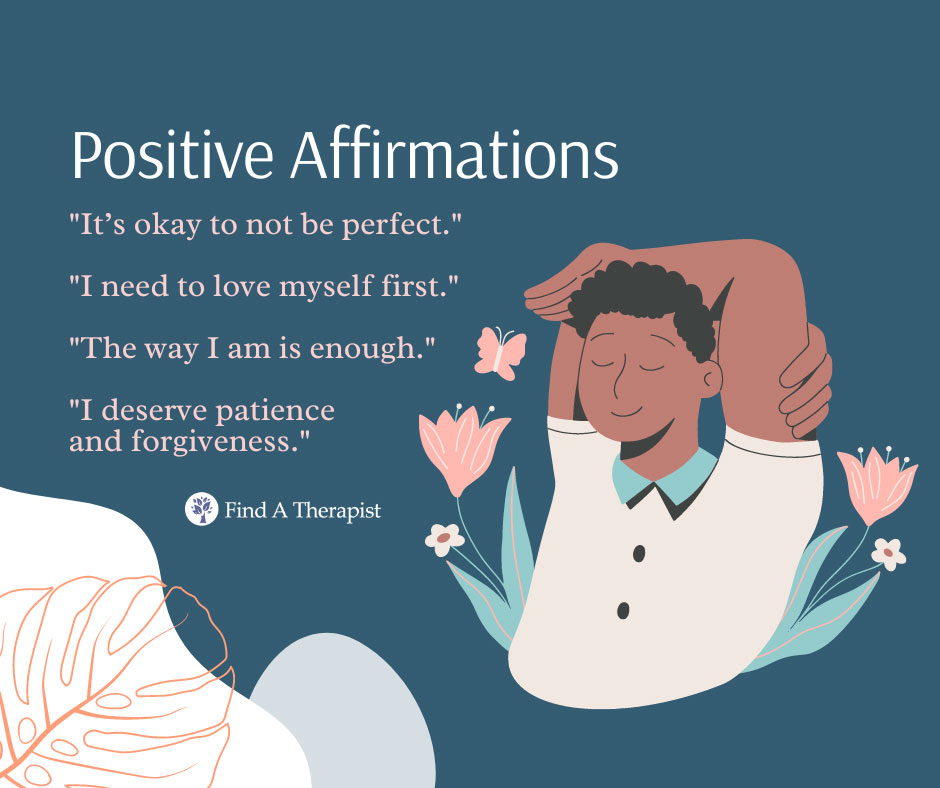How Gratitude Makes You Happier
Published on March 14th, 2023
Updated on January 31st, 2024

In a world filled with stress and pressure from different angles, it can be hard to remember the power of gratitude. Gratitude is not only a feeling but also a powerful mental health practice that can make a difference in how you feel each day. The following feelings can improve if you practice gratitude correctly:
- Stress
- Anxiety
- Depression
- Worry
- Self-doubt
- Helplessness
- Hopelessness
- Fear
Practicing gratitude can also make you feel happier overall. It helps boost awareness of the good things in your life. Gratitude is a quality of being thankful and the readiness to express appreciation. The benefits of gratitude extend beyond experiencing the nice feeling of being thankful.
Regularly practicing gratitude as a mental health exercise can bring you many forms of happiness. It can affect the way your brain functions and can help you develop a healthy perspective on life that promotes peace, love, and tolerance.
Sponsored by

Choose a therapist to work with and start healing with 20% off from BetterHelp.
Click HereGratitude and the Brain
The brain benefits from the effects of practicing gratitude. It responds to gratitude exercises in positive ways. This can help with boosting mood and minimizing stress. Gratitude exercises can also help your conscious mind think with more hope and a healthier perspective. The brain is affected by gratitude exercises in different ways, and one major function it affects is serotonin production.
Serotonin Production
Serotonin is often referred to as the “happiness chemical” in the brain. It contributes to mood stability, relaxation, and feelings of well-being. Regular use of gratitude exercises leads to increased serotonin production. This happens when recognition of good things in life triggers a release of serotonin. With the practice and repetition of gratitude exercises, the pathways in the brain can sync up in a way that stimulates serotonin production when you practice gratitude exercises.
Note: The link between gratitude practices and serotonin production does not form right away. Practice gratitude exercises regularly to create these pathways.
What Gratitude Brings To Your Life
The benefits of gratitude practices expand beyond just healthy coping skills for stress. The mental health benefits of practicing gratitude go a long way in different areas of your life.
Gratitude practices can help you boost your satisfaction with your day by training your thoughts to think about the good, along with the challenging and stressful. It also helps you build a healthy perspective when you are struggling. The following are some positive outcomes that can come from practicing gratitude exercises.
Peace
Regularly practicing gratitude can help you build a sense of peace in your day. Gratitude makes you pay attention to the good things, distracting you from the stressors and negative thoughts you may otherwise stew in. When you can build healthy thought processes with gratitude and minimize stressful thoughts, you will find a heightened sense of peace in your day.
Healthier Relationships
Practicing gratitude does not only help you, but it helps others as well. Expressing gratitude toward others helps them feel wanted and appreciated. They learn that they are important to you, and serve a purpose in your life.
Healthy relationships can form with gratitude exercises, as it boosts trust, connection, and love in the relationship. The people in your life will feel wanted, which can minimize defensive behaviors, increase open communication, and reduce the intensity and frequency of arguments.
Self-Esteem
You can boost your self-esteem with gratitude exercises. Gratitude exercises require self-reflection. They force you to look at yourself and what you have to offer the world.
Gratitude exercises also create a system for you to appreciate yourself in a way that you may not have in the past. Instead of focusing on what you lack, you start to notice what you have to offer. You also learn how to accept the parts of yourself you may not love simply because you are finding other parts of yourself that you are learning how to love.
Grace
A sense of grace can grow from practicing gratitude. Grace can grow when you learn how to give credit to yourself for the good things you have to offer, and when you accept the things that are not in your control.
Gratitude practices can promote a sense of acceptance for things that you do not have the authority to change. This can also help you shift your focus from the things that make you feel helpless to the things that you can influence or change for the better. This promotes tolerance for things that do not go your way and an ability to let go of things that are causing you emotional pain.

How To Practice Gratitude
With the benefits being so clear, we should all want to prioritize practicing gratitude. While it is beneficial, grateful feelings do not always come naturally. So many things can get in the way of feeling grateful, such as negative self-talk, comparing yourself to others, worrying about the future, or having a lot of stress.
Thankfully, you can cultivate gratitude through various exercises. Try using the following exercises to promote gratitude in your life:
Regularly Give Thanks
To reap the benefits of gratitude, you first have to be thankful. Set aside time each day and reflect on what you are grateful for.
Note: This can be anything at all from getting a raise to finding a good parking spot. You can also recognize things you are thankful for within yourself, such as being in good health.

Repeat Positive Affirmations
Discover your positive affirmations and use them to help cultivate gratitude. Repeat a meaningful affirmation to start your day positively. Over time, using positive affirmations can serve as a way to train your brain toward gratefulness.
Example: Each morning you might look in the mirror and say, “I am blessed.” This may feel silly at first, but repeating this affirmation is a positive start to the day, and over time can serve as a way to train your brain to recognize and appreciate moments of gratitude.
Keep A Gratitude Journal
Writing down the things you feel grateful for is another way to cultivate a greater sense of gratitude. You can keep a running list in a notebook or on your phone. There are no requirements for how many things you can record you feel thankful for, as well as no requirements about what you note you feel thankful for.
Note: You may sometimes find yourself writing the same few things down each day, like gratitude for your dog, your home, and your meals. That is okay- the things you are grateful for do not need to be grand or new to matter. Appreciating the little yet consistent things in your life is just as powerful.
Meditate
Meditation is an exercise that helps you ground yourself in the present moment. In a meditative state, you are not thinking about the past or worrying about the future. Being present and mindful helps quiet the mind, and with a quiet mind, you are better able to identify the things you are grateful for in your life.
Express Gratitude To Others
Next time you are with a friend or loved one, tell them what you like or appreciate about them. Expressing gratitude to others not only benefits your gratitude practice but also can strengthen your relationships.
Use Your Senses And Go Through The Motions
Through your senses – your ability to touch, see, smell, taste, and hear – you can notice more of what you appreciate about your current experience.
Similarly, grateful motions like smiling or saying thank you can trigger the emotion of gratitude more often. And the more often you trigger the emotion of gratitude, the more likely you are to experience it overall.
Sponsored by

Find an affordable therapist online with 20% off from BetterHelp.
Click Here






Leave A Reply